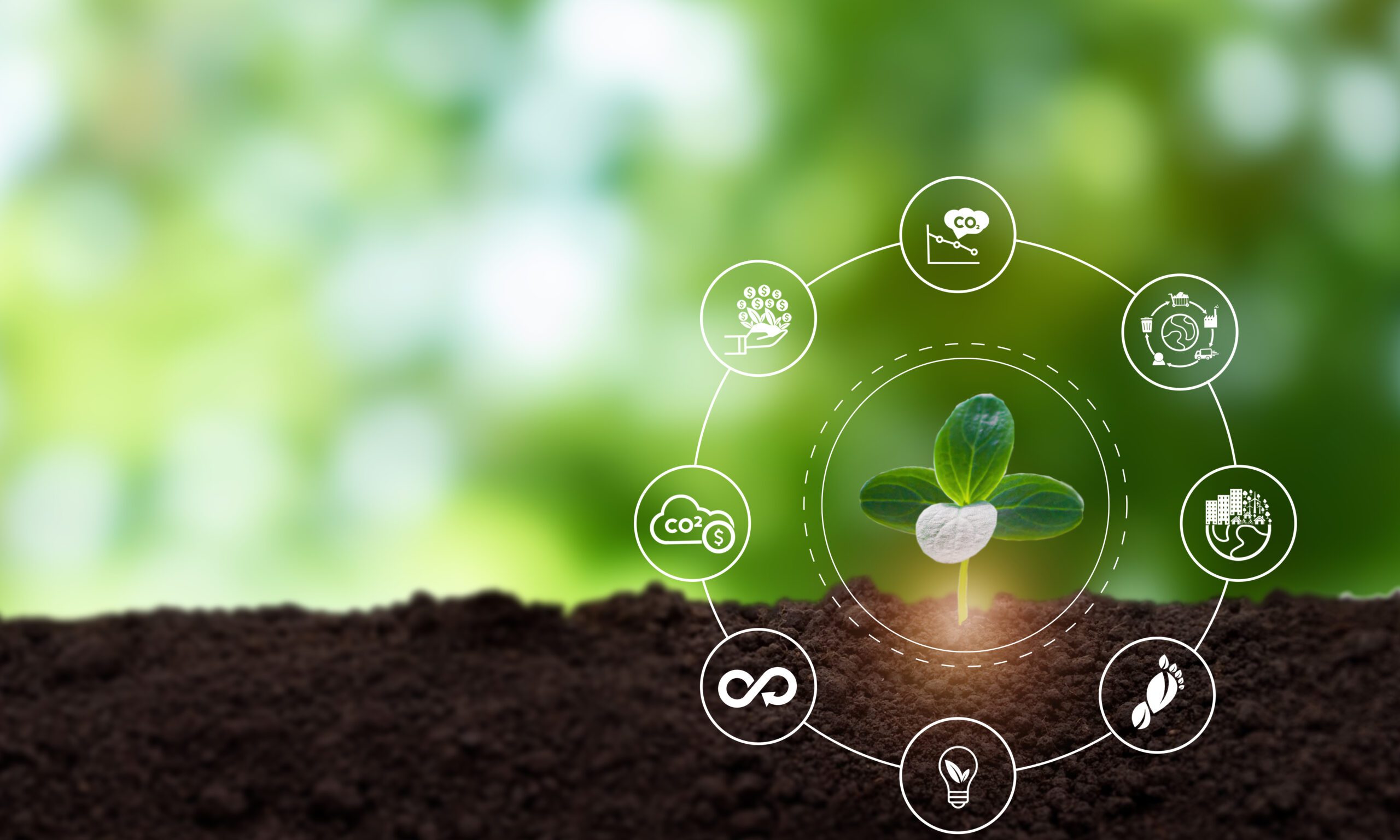ETDS is a senegalese NGO specialised in territorial planning, local development and the...


Moving away from the linear “take-make-use-dispose” model and transitioning to a regenerative growth model is essential to keep resource consumption within planetary boundaries. In a circular economy, the value of products, materials and resources is maintained in the economy for as long as possible, and the generation of waste is minimized. The current linear economy continually increases its demands of scarce natural resources. By using and consuming in a more circular way, we can substantially reduce the impacts of human economic activities on the environment, including on biodiversity (European Commission)
A circular economy approach can be applied to many sectors, ranging from food production and processing to raw materials, textiles, plastic and electronic goods to only name a few.
While the world needs an increase in production to address food and nutrition security without compromising the environment and limited resources, food loss and food waste are a global challenge.
Global attention to food loss and waste (FLW) reduction is reflected in the 2030 Agenda for Sustainable Development, particularly in the Sustainable Development Goal (SDG) 12: Responsible Consumption and Production which seeks to “ensure sustainable consumption and production patterns.” Target 12.3 of that goal aims to “by 2030, halve the per capita global food waste at the retail and consumer level, and reduce food losses along production and supply chains including post-harvest losses.”
Food waste reduction has significant implications for several of the UN SDGs such as Zero hunger (SDG 2), improving food security and nutrition (SDG 3), Responsible consumption and production (SDG12), Climate action and reducing greenhouse gas emissions (SDG 13), Life below water (SDG14) and Life on land (SDG 15).
Reducing food loss and waste has far-reaching effects on climate change and biodiversity, as well as driving down hunger rates, emissions, and economic losses for individual households. More than 1.3 billion tonnes of edible food material are wasted annually around the world, which represents about one third of the total food produced and is enough to feed more than one billion people.
Join our Forum to discuss and explore how to encourage innovations across agricultural value chains to transform food systems in African, Caribbean and Pacific countries and beyond, promote sustainable agriculture & leverage investments. Share insights, ask questions, and collaborate on innovative solutions for a greener future.

ETDS is a senegalese NGO specialised in territorial planning, local development and the...

Sugar Town Organics is a small agri-based social enterprise in Saint Kitts and Nevis that offers...

Red Diamond Compost is a biotech social enterprise that converts organic waste materials and...
Panuka Farm produces fresh vegetables in Zambia using agricultural techniques adapted to cimate change and combines productivity with biodiversity conservation. The company was presented in the...
Forest Africa supports local Zambian communities and the environment through agroprocessing and agroforestery by adding value to indigeneous fruit. They presented at Innovation Session n°14.
African and Caribbean entrepreneurs contribute to the transformation towards sustainable food systems. For example, they add value to crops that would otherwise go to waste. They also develop...
The World Food Day 2023 highlights how water is essential for agriculture and food. COLEAD has developed manuals and trainings to sustainably manage and use this resource. It also provides a...
AgriLife is a pioneer of waste-to-nutrient insect technology using black soldier fly larvae to up-cycle organic waste into sustainable eco-friendly insect protein for animal feed. They presented at...
West African Feeds produces insect based agri-feeds & agri-nutrition products. They presented at Innovation Session n°11.
LONO is an environmental engineering company based in Côte d'Ivoire which offers products and services for converting organic waste into organic fertilizers and bioenergy. An active company, they...
Innovations in Agroecology for Sustainable Agrifood Systems
Promoting circular economy and reducing food loss and waste.